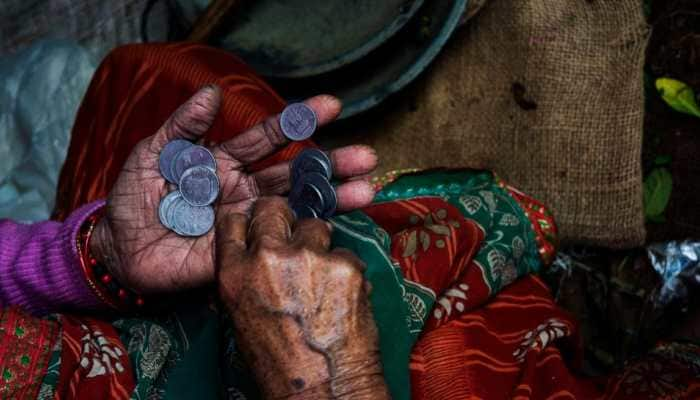Trade unions on 48-hour 'Bharat Bandh', key services likely to take big hit
The decision to organise a two-day general strike from January 8 was taken in the National Convention of Workers held on September 28, 2018.
Trending Photos
) File photo used only for representational purpose.
File photo used only for representational purpose. New Delhi: Ten major trade unions in the country have called for a 48-hour strike starting Tuesday against what they allege are anti-worker policies of the Narendra Modi government. Key services could take a big hit over Tuesday and Wednesday with reverberations of the strike likely to be felt in banking, insurance, city-based public transport and railways.
The decision to organise a two-day general strike from January 8 was taken in the National Convention of Workers held on September 28, 2018.
Who?
Ten trade unions who have jointly called for the nationwide general strike are INTUC, AITUC, HMS, CITU, AIUTUC, AICCTU, UTUC, TUCC, LPF and SEWA. Farmers across the country under the aegis of the Left peasant wings are also expected to join the strike. "AIKS and Bhumi Adhikar Andolan will observe 'gramin hartal', rail roko and road roko on January 8 and 9, the day trade unions are observing nationwide general strike. This move is against the Modi government's failure to address rural distress issues, to save rural farmers' lands from the corporates. The farmers will extend all support to the ensuing general strike," said Hannan Mollah, general secretary of the CPI(M)-affiliated All India Kisan Sabha.
Employees in major sectors such as the Railways, banks and electricity departments as well as those in the unorganised sector, including street vendors and auto and taxi drivers, are expected to be part of the 48-hour strike.
It is estimated that a total of 20 crore workers from across the country could participate in the strike. This is an increase by seven crore over figures of workers who had participated in the two-day strike called in 2013.
Why?
The failure to fulfil the promise of creating over 1 crore jobs a year has been an important reason cited by the trade unions for organising the strike against the Modi government. According to Labour Bureau statistics, 1.55 lakh jobs and 2.31 lakh jobs were created in 2015 and 2016, respectively.
Another major reason cited by the trade unions is the rise in prices of various daily use commodities.
The trade unions are also against the sale of public sector undertakings.
How?
AITUC has said that a massive protest march would be taken from Delhi's Mandi House to the Parliament on Wednesday. She added that similar marches would be organised across the country over the 48-hour bandh period. It is also likely that the agitating workers could organise 'Rail Roko' and 'Raasta Roko' although unions have said that the strike would be peaceful in nature.
Daily lives could be affected with taxi and auto drivers in many cities likely to stay off duty while transport of goods - apart from essential commodities - too could be affected.
(With agency inputs)
Stay informed on all the latest news, real-time breaking news updates, and follow all the important headlines in india news and world News on Zee News.
Live Tv







)
)
)
)
)
)
)
)
)
)
